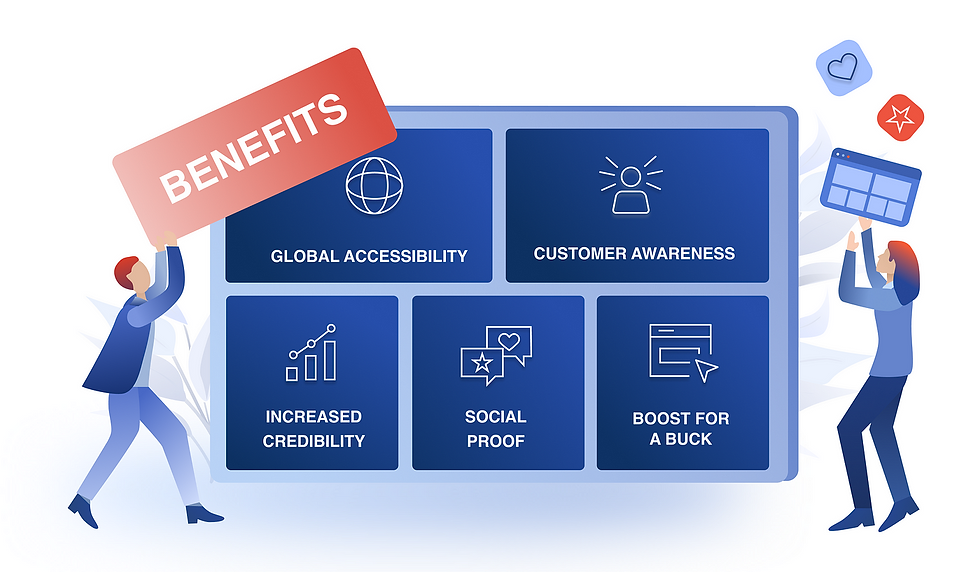Simplifying Complexity: Best Practices for Financial Website Communication
- Priyal Chauhan
- May 20, 2024
- 2 min read
Introduction
Effective communication on financial websites is crucial. It helps to build trust, educate clients, and drive conversions. This blog explores best practices for simplifying complex financial information on your website to enhance user experience and engagement.

Understanding Your Audience
Knowing your audience is the first step in simplifying communication. Financial information can be daunting; therefore, it's essential to tailor content to your audience's knowledge level.
Key Steps
Identify Audience Segments: Classify users based on their financial literacy.
Customize Content: Create different versions of content for beginners, intermediates, and experts.
Clear and Concise Language
Using clear and concise language is crucial in making complex information accessible.
1. Avoid Jargon
Minimize the use of industry-specific terms that may confuse your audience. When jargon is necessary, provide clear definitions.
Example: In our project with Edelweiss, we simplified investment terms for better client understanding.
2. Use Bullet Points and Lists
Breaking down information into bullet points or numbered lists can make it more digestible.
Example:
Key Benefits of Our Services:
Personalized financial advice
Transparent fee
structure
Comprehensive investment options

Visual Aids and Infographics
Visual aids can transform complex data into easily understandable graphics.
1. Infographics
Infographics can illustrate processes, comparisons, and data trends effectively.
Example: Our infographic work for Alliance Insurance showcases their insurance plans clearly.
2. Videos and Tutorials
Short videos and tutorials can explain complex financial concepts in an engaging way.
Example: Check out our video campaign for Link Intime that simplifies their service offerings.
Structured Content Layout
A well-structured content layout enhances readability and engagement.
1. Headings and Subheadings
Use clear headings and subheadings to guide users through your content.
Example:
Investment Opportunities
Stocks
Bonds
Mutual Funds
2. Call-to-Actions (CTAs)
Effective CTAs encourage users to take the next step, whether it's contacting you or learning more.
Example: "Learn More About Our Services" or "Contact Us for a Free Consultation"
Personalization and Interactivity
Interactive and personalized content can make financial information more relatable.
1. Interactive Tools
Tools like calculators and quizzes can engage users and provide personalized insights.
Example: Our interactive tools for PINC help clients understand their insurance needs.

2. Personalized Recommendations
Provide content recommendations based on user behavior and preferences.
Example: Personalized investment advice based on the user's risk tolerance and goals.
Building Trust Through Transparency
Transparency is key to building trust with your audience.
1. Clear Disclosure
Be upfront about fees, risks, and potential returns. Transparency fosters trust and credibility.
2. Client Testimonials and Case Studies
Showcase real client experiences to build trust.
Example: Our work with Vrise includes client testimonials that highlight our effectiveness.
"Transparency is not just a buzzword; it's the foundation of trust in financial services."

Conclusion
Simplifying complexity in financial communication can significantly enhance user experience and trust. By using clear language, visual aids, structured layouts, personalized content, and transparent practices, you can make your financial website a valuable resource for your clients.
For more examples of our successful financial communication projects, visit our portfolio.




Comments